Water and the Environment
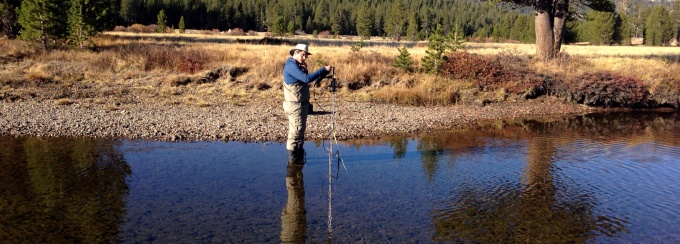
The Water and Environment Group at the University at Buffalo is a vibrant research team consisting of three faculty members and typically 10 to 15 graduate students. Their work encompasses field, laboratory and numerical studies, all centered on the dynamic field of environmental geology. This collaborative group contributes to advancing our understanding of water and environmental systems through cutting-edge research and innovative solutions.
Richelle Allen-King – Hydrogeochemistry, ground-water contaminant transport, nutrients in watersheds, organic pollutants, environmental geochemistry
Chris Lowry – Physical hydrogeology and groundwater flow modeling
Yifan Cheng – Computational Hydrology
Research in our group is interdisciplinary; students often conduct research across multiple departments on campus. Our research labs focus on contaminant transport, environmental geophysics, numerical methods, and physical hydrogeology. We offer courses in geochemistry, geophysics, hydrogeology, and numerical modeling. We study processes at scales ranging from nano to field. We attack these multi-scale problems by coupling innovative geochemical and geophysical technologies with traditional field experiences. Students in our research programs also benefit from collaborations with scholars in closely-related fields including environmental engineering, geography, and chemistry.
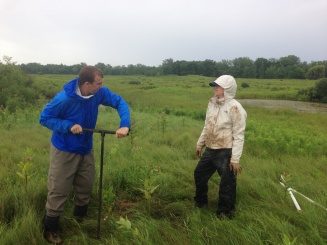
As geologists, we are fortunate that our research facilities exist all around us! Our man-made facilities include advanced equipment for analysis of solid and aqueous samples, such as:
- X-ray diffractometer (XRD)
- Gas chromatographs
- Total organic carbon (TOC) and total organic nitrogen (TON) analyzers
- Ion chromatograph configured for major cations and anions
- UV-Vis spectrophotometer
- Atomic force microscope (AFM) with inverted microscope and epifluorescence
- Environmental anaerobic chamber
- Geophysics research lab featuring a portable engineering seismograph; ground penetrating radar surface and borehole system; subsurface profiling system, soil moisture time domain reflectometry system; and RTK-GPS

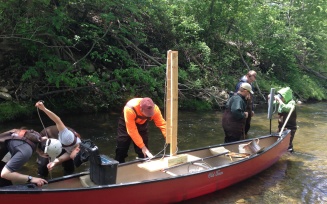
Our students also benefit from many additional facilities available at the South Campus Instrument Center.
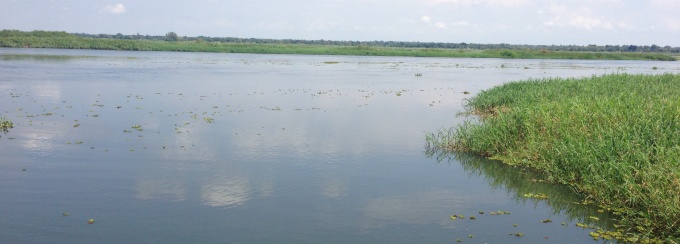
- Quantification of ground-water flow and contaminant transport at multiple scales
- Fate and transport of contaminants in the environment
- Non-invasive geophysical characterize aquifer heterogeneities
- Development of innovative inverse modeling strategies for enhanced imaging of fractured rock aquifer/reservoir properties
- Groundwater and surface water interactions
- Numerical groundwater flow modeling
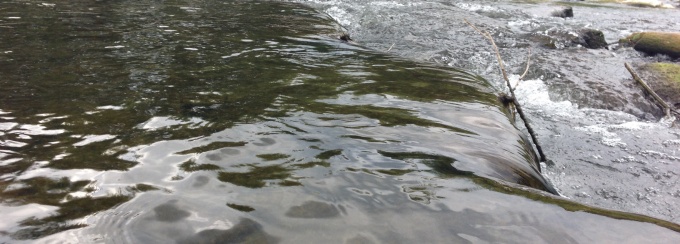
Our graduate programs in Water and Environment prepare students for careers in industry, academia and government agencies. Through rigorous coursework in geophysics, geochemistry and hydrogeology, students gain a strong scientific foundation while exploring interdisciplinary applications.
🎓 What sets us apart?
- Hands-on research and fieldwork
- Interdisciplinary courses to expand expertise
- Competitive financial support through Teaching & Research Assistantships
- Strong job placement in academia, consulting, and government science
The Water and Environment program offers PhD, MS, MS-non thesis and Computational Earth Science MS degrees.. Additionally, our students can obtain a PSM advanced certificate in Hydrogeology.